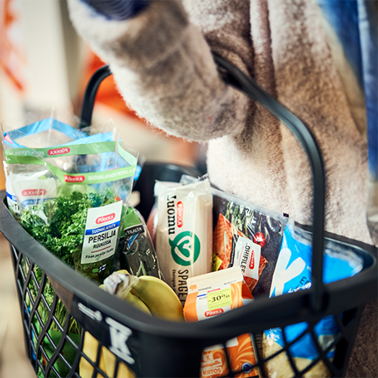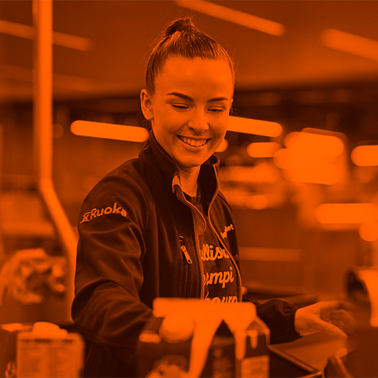Finland is lagging behind in its achievement of the EU’s targets to reduce the use of plastic carrier bags and for recycling plastic. New measures are needed and both businesses and customers must be involved. Customers are being encouraged to reduce...

K Group strengthens its biodiversity efforts - new website published
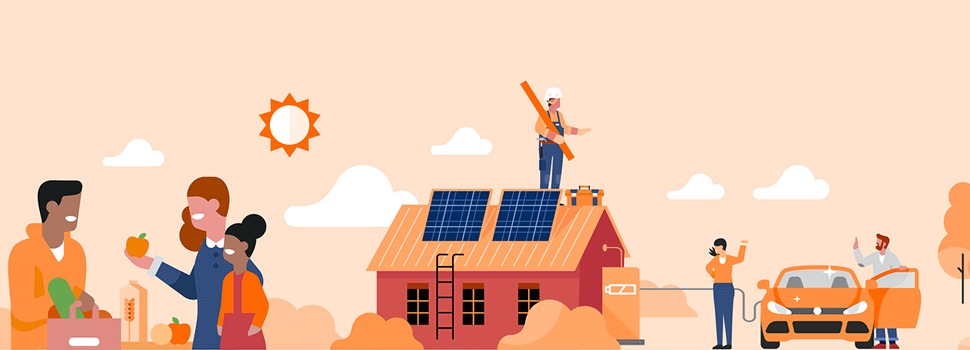
Loss of biodiversity has become a significant global threat alongside climate change. As a trading sector operator, K Group knows that when it comes to efforts to promote biodiversity, the focus is not just on its own operations but also on its selections.
One of the key goals of K Group’s biodiversity efforts is to build its selections in such a way that the products and their packaging have as little impact on biodiversity as possible throughout their life cycle.
“In practice this means, for example, that all of our packaging will become recyclable, compostable or reusable. Last year we introduced some new products to our selections that are based on food waste, such as the Hyvis juice, which is made with waste fruits and vegetables from our central warehouse in Vantaa. In addition, the popular Pirkka archipelago fish patty reduces the environmental load on the Baltic Sea. The PEFC logo on the timber sold at K-Rauta stores indicates its sustainable origin,” says Matti Kalervo, Vice President for Corporate Responsibility at K Group.
This year, K Group will strengthen its biodiversity work and start preparing division-specific goals to promote biodiversity. The starting point for everything is to operate in a sustainable way promoting biodiversity and to enable customers to lead sustainable lifestyles – in terms of daily meals, mobility and housing.
Read more on our new biodiversity website
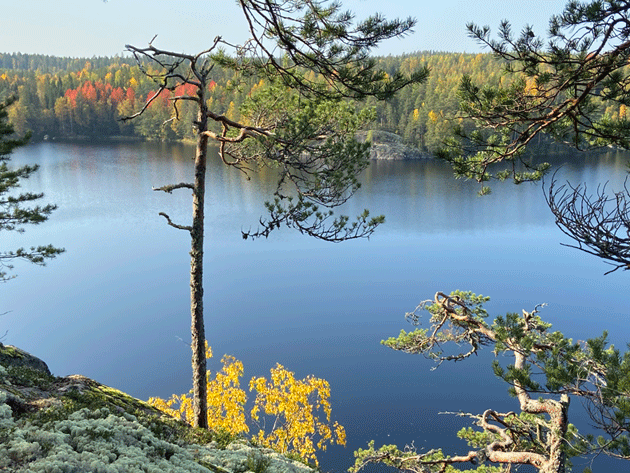
Sustainable palm oil, soy and cocoa
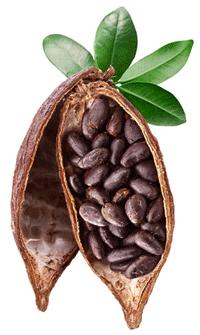
The production of many common raw materials, such as palm oil, soy and cocoa, involves not only social responsibility and economic responsibility risks but also environmental risks. Cotton production and avocado farming, for example, consume large amounts of water. The spread of palm oil production into new rainforest areas leads to loss of forests and threatens biodiversity.
K Group has, for a long time, carried out systematic work to promote the sustainability of the production of raw materials which involve risks. The sourcing of raw materials which involve social and environmental responsibility risks is guided by our sustainability policies. The assessments that we have made over the years include, for example, an assessment of the water risks related to avocados.
“The first Fairtrade products were introduced to our selections in 1999. In 2016, we participated in establishing to promote sustainable production of soy. Our newest sustainability policies are the cotton policy and packaging policy published in 2020. Last year, all palm oil, soy and cocoa contained in our own brand Pirkka and K Menu products was 100% sustainably produced,” Kalervo says.
Concrete measures to promote biodiversity with K Fishpaths
In 2017, K Group began the K Fishpaths collaboration with the environmental organisation WWF Finland to save endangered migratory fish populations. Together with local operators, land and waterway owners, K-retailers and volunteers, we have, over four years, removed barriers preventing fish from swimming upstream and created new gravel spawning beds to improve habitats. The collaboration will continue to the end of 2021.
“It has been wonderful to be able to make a real contribution, with shovel in hand, restoring the habitats in the streams. What is more, research from the sites restored during the first years has shown that the endangered trout have returned to the streams restored,” says Kalervo happily.
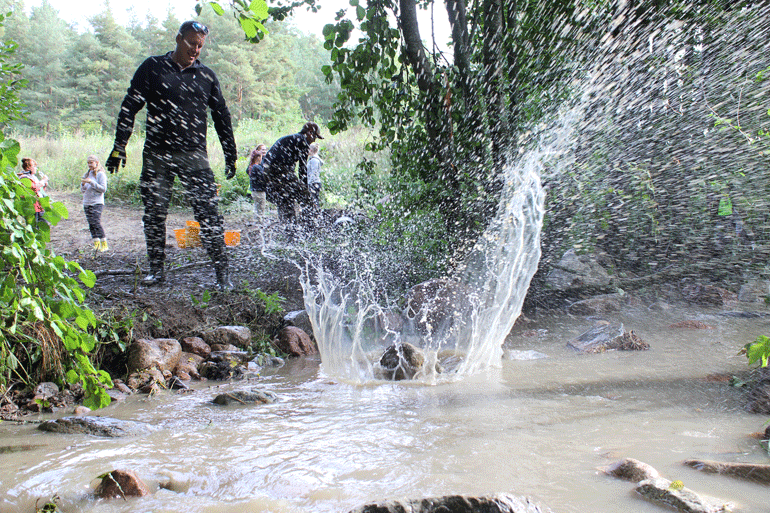
 YES
YES
 NO
NO
